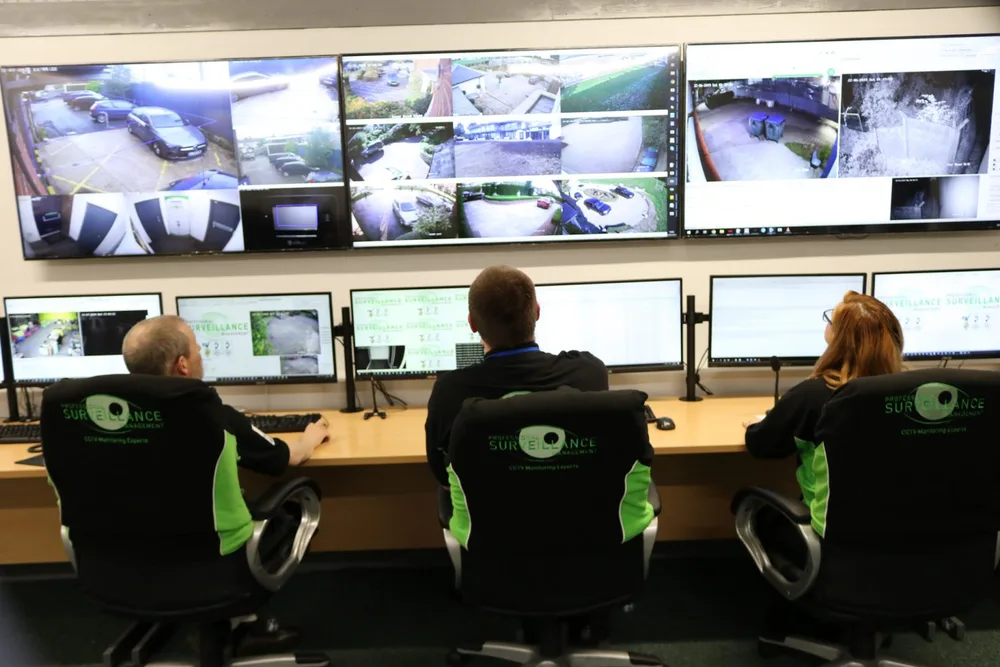
Control room operators are suffering from working long hours, making them unhappy and underperforming, says the Professional Surveillance Management (PSM).
The issue was highlighted by the police-backed organisation, Secured by Design (SBD), of which PSM is a member.
Here the SBD findings are published in full:
It’s no secret that overworked people make unhappy, underperforming employees. After previous research into how 12-hour shifts are the silent killer of a happy and effective workforce, PSM are once again shining a light on the dangers of working long hours and the toll it takes on physical and mental health.
Many CCTV operators are contracted to work regular 12-hour shifts. These are often organised in a four-days-on, four-days-off pattern which can include night shifts.
Not only does this prevent employees from having a healthy work-life balance, it can also lead to a number of mental health issues.
Research shows that shift work disrupts circadian rhythms (the 24-hour natural sleep-wake cycle, aka our body clock) which can have a knock-on effect on a person’s ability to rest and function properly.
It’s been linked to anxiety, depression and psychosis, as well as decreased cognitive functions relating to attention, memory and response inhibition.
HSE report
A HSE report on working long hours also suggests a link to fatigue, depression, stress, poor lifestyle habits, cardiovascular disorders, and other physical and psychological health problems. It reports that ‘if there is insufficient recovery time (rest), e.g. due to long work hours, then eventually fatigue will accumulate and affect wellbeing and health outcomes.’
As the evidence mounted, PSM broke away from the excessive shift-work that’s commonplace in the surveillance industry, to prevent mental and physical exhaustion of employees.
As employees are unlikely to be as sharp or proficient as they were at the start of their shift, and since the talents of their employees are a valuable resource, PSM felt it would therefore be counterintuitive to their operations to have 12 hour shifts.
As such, shifts at PSM are either seven, eight or nine hours long and never more than four in a row. They also have a full five-day break in their structured rota for operators to recharge.
“It’s really quite simple,” says Jones. “If we look after our employees, they look after our customers.”
Hazel Goss, Secured by Design, commented: “Being a retired Police Officer and doing shifts for most of my service, I fully understand the health and wellbeing issues caused by working long shifts without adequate recuperation time, and it is very welcoming to see PSM looking after the wellbeing of their staff.”
The results speak for themselves
To avoid running staff into the ground, the PSM workforce is never overstretched.
One of their senior operators, Bernadette, said: “As a CCTV operator, I understand why the 12-hour shift seems effective, at least on paper. But its ineffectiveness is obvious when put into practice… it’s isolating, and negatively impacts your family life, social life, and even your health. At PSM, my longest shifts are 9-hour nights, leaving me with plenty of time to spend with my family and friends, and to prepare myself for the next working day. I highly recommend it!”
How does a happier, healthier team impact PSM’s standard of service? Their trained operators are well-rested, more attentive, and consistently identify and respond to criminal attacks to protect their client’s premises.